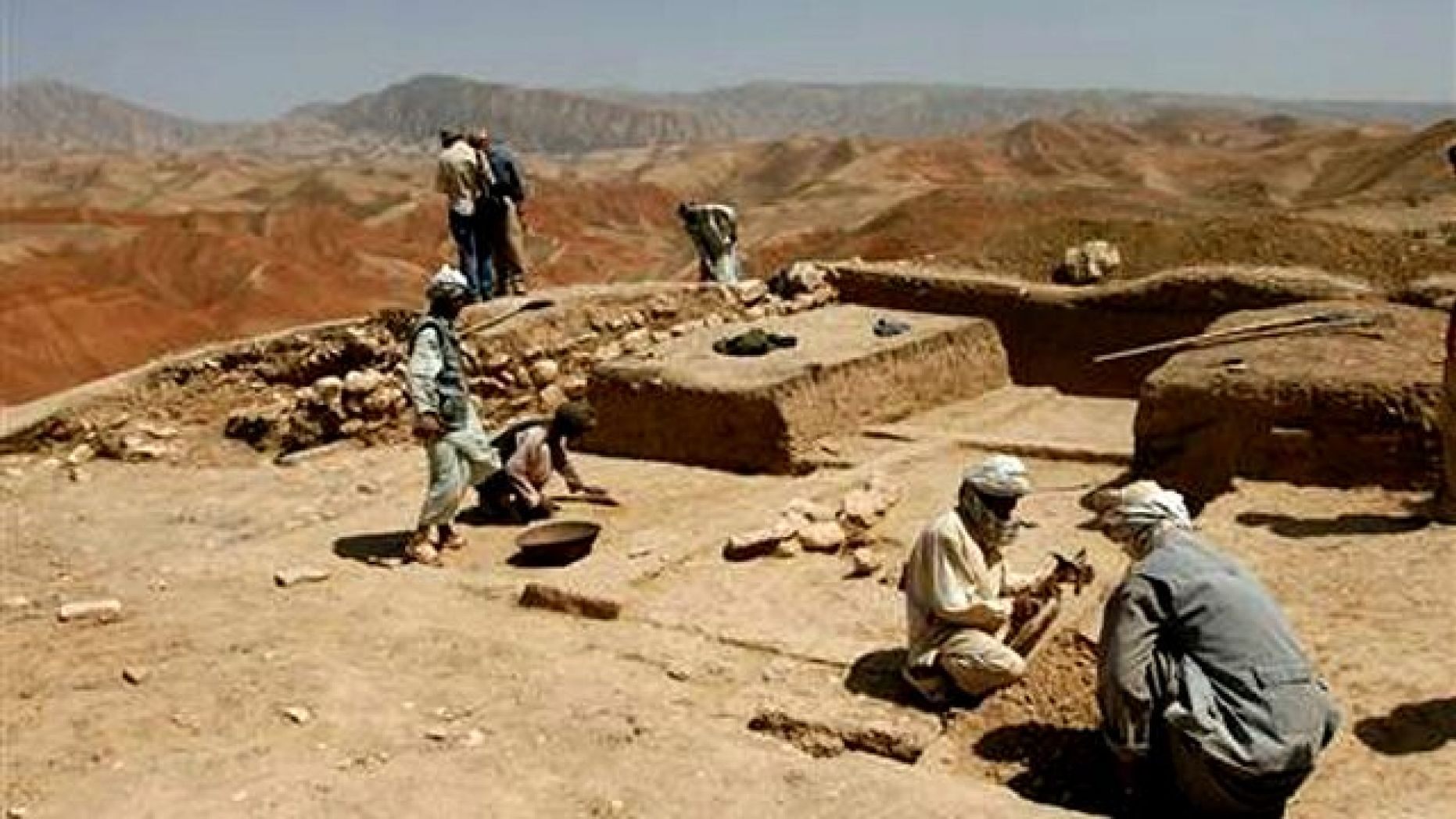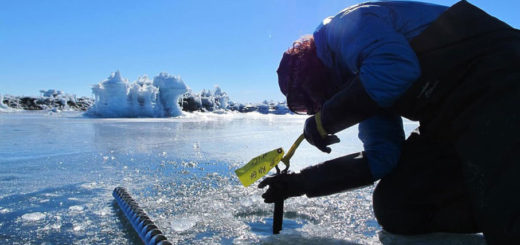Amidst Shrapnel in Afghanistan, an Archaeology Discovery

Archaeologists in Afghanistan, where Taliban Islamists are fighting the Western-backed government, have uncovered Buddhist-era remains in an area south of Kabul, an official said on Tuesday.
“There is a temple, stupas, beautiful rooms, big and small statues, two with the length of seven and nine meters, colorful frescos ornamented with gold and some coins,” said Mohammad Nader Rasouli, head of the Afghan Archaeological Department.
“Some of the relics date back to the fifth century (AD). We have come across signs that there are items maybe going back to the era before Christ or prehistory,” he said.
“We need foreign assistance to preserve these and their expertise to help us with further excavations.”
The excavation site extends over 12 km (7.5 miles) in the Aynak region of Logar province just south of Kabul, where China is mining copper ore as part of its multi-billion dollar investments in the Central Asian country.
Rasouli said the mining work had not harmed the sites — which were known but had not been examined in detail — but smugglers managed to loot and destroy some relics before the government excavation work began last year.
Government and foreign troops are battling an insurgency led by the radical Taliban movement which destroyed Buddhist statues at Bamyan during its five-year control of the mountainous country from 1996 to 2001, viewing the monuments as an affront to Islam.
Many antiquities and historical sites were destroyed or pillaged during decades of civil war and foreign interventions.
Now almost entirely Muslim, Afghanistan has seen eras in its long history when other faiths such as Hinduism, Buddhism and Zoroastrianism were widely practiced.
Rasouli said the government did not have the resources to move the relics from the remote area, which has seen some clashes during the insurgency, but hoped to build a museum there instead.



 Creators of mankind
Creators of mankind Description of “Tall white aliens”
Description of “Tall white aliens” Where they came from?
Where they came from? About hostile civilizations
About hostile civilizations The war for the Earth
The war for the Earth “Tall white aliens” about eternal life
“Tall white aliens” about eternal life Video: “Nordic aliens”
Video: “Nordic aliens” Aliens
Aliens Alien encounters
Alien encounters The aliens base
The aliens base UFO
UFO Technology UFO
Technology UFO Underground civilization
Underground civilization Ancient alien artifacts
Ancient alien artifacts Military and UFO
Military and UFO Mysteries and hypotheses
Mysteries and hypotheses Scientific facts
Scientific facts


















